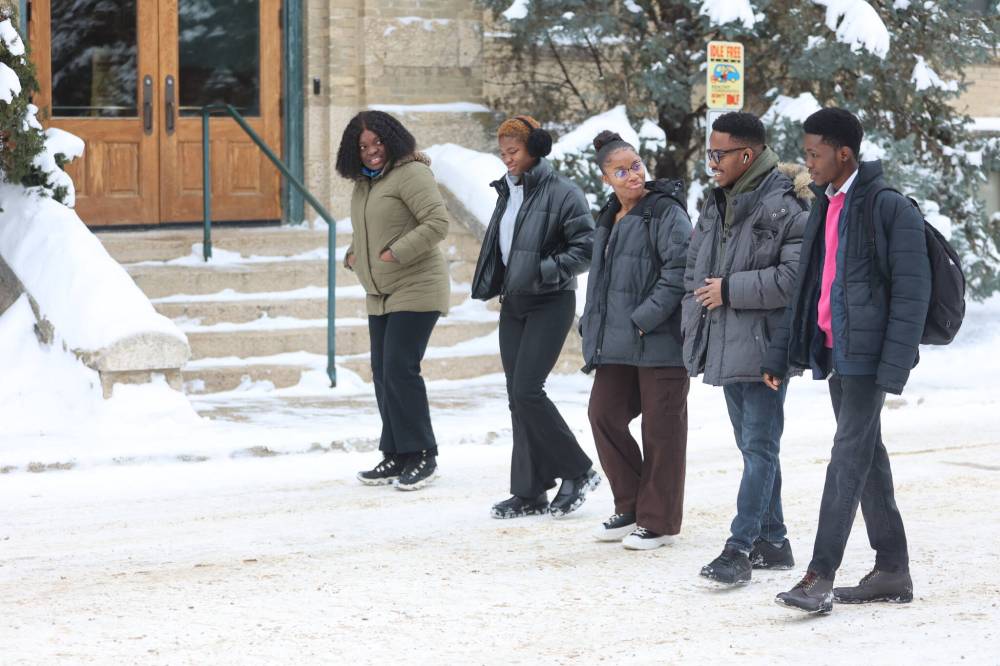BU decommissions blue light phones
Advertisement
Read this article for free:
or
Already have an account? Log in here »
We need your support!
Local journalism needs your support!
As we navigate through unprecedented times, our journalists are working harder than ever to bring you the latest local updates to keep you safe and informed.
Now, more than ever, we need your support.
Starting at $15.99 plus taxes every four weeks you can access your Brandon Sun online and full access to all content as it appears on our website.
Subscribe Nowor call circulation directly at (204) 727-0527.
Your pledge helps to ensure we provide the news that matters most to your community!
To continue reading, please subscribe:
Add Brandon Sun access to your Free Press subscription for only an additional
$1 for the first 4 weeks*
*Your next subscription payment will increase by $1.00 and you will be charged $20.00 plus GST for four weeks. After four weeks, your payment will increase to $24.00 plus GST every four weeks.
Read unlimited articles for free today:
or
Already have an account? Log in here »
Hey there, time traveller!
This article was published 01/03/2025 (251 days ago), so information in it may no longer be current.
Brandon University has decommissioned its blue light emergency phones effective immediately following a review by the Workplace Safety and Health Committee (WSHC).
The decision comes after an assessment determined the phones were seldom used, technologically outdated and no longer met the university’s safety standards, spokesperson Grant Hamilton told the Sun Friday.
Installed in 2008, the blue light phones were intended to provide quick access to emergency assistance across campus.

Brandon University students walk in front of Clark Hall toward the Knowles Douglas Building. (The Brandon Sun files)
“There is no record of the phones ever being used. They were installed at a time when it was less common for people to carry around a smartphone,” Hamilton said. “The ongoing safety audit will provide us with guidance on current-day solutions to meet the needs of our community.”
While some students may feel uneasy about the removal of the blue light phones, Hamilton emphasized that maintaining non-functional emergency devices does not contribute to campus safety.
“We are committed to ensuring that the feeling of security is backed up by real measures to keep everyone safe — students, of course, but also faculty, staff, and visitors to campus,” he said.
As an alternative, Brandon University is encouraging students to use the SafeWalk program, which allows students to request a security escort to their destination. Hamilton noted that the program was expanded earlier this year with increased security personnel to ensure 24-7 availability. However, uptake has remained modest.
The university is also conducting an ongoing safety audit to determine the most effective modern solutions to enhance security. While specific replacements for the blue light phones have not yet been identified, the administration is expected to explore alternatives such as emergency call apps, improved campus lighting or increased security presence.
In the meantime, signage will be placed on the now-defunct blue light phone stations to indicate their decommissioning. The university is also advising students to adopt safety measures such as walking in groups at night and utilizing the SafeWalk program when needed.
The decision to remove the blue light phones raises questions about how students perceive campus safety.
Brandon University Students’ Union president Charles Adamu did not respond to the Sun’s call on student reactions.
» aodutola@brandonsun.com
» X: @AbiolaOdutola
